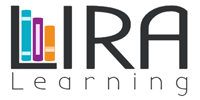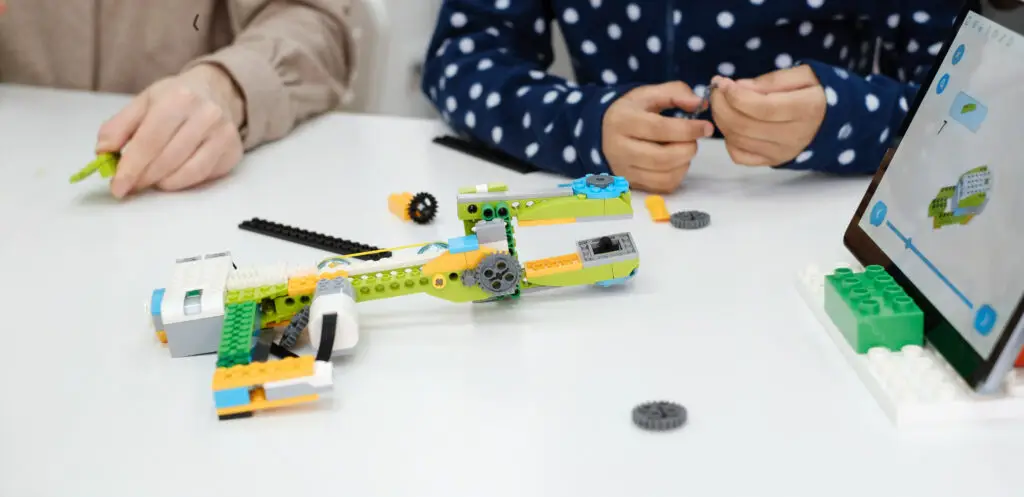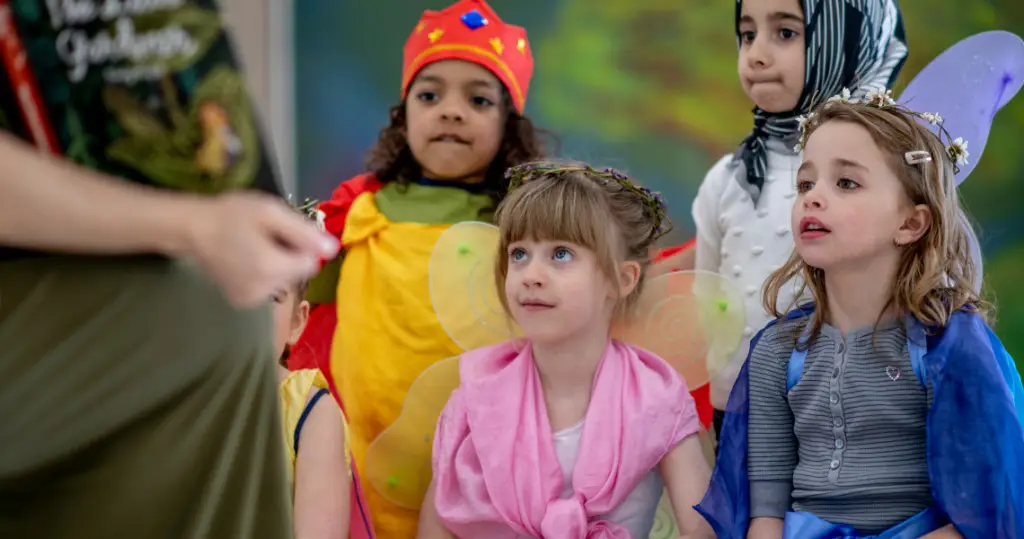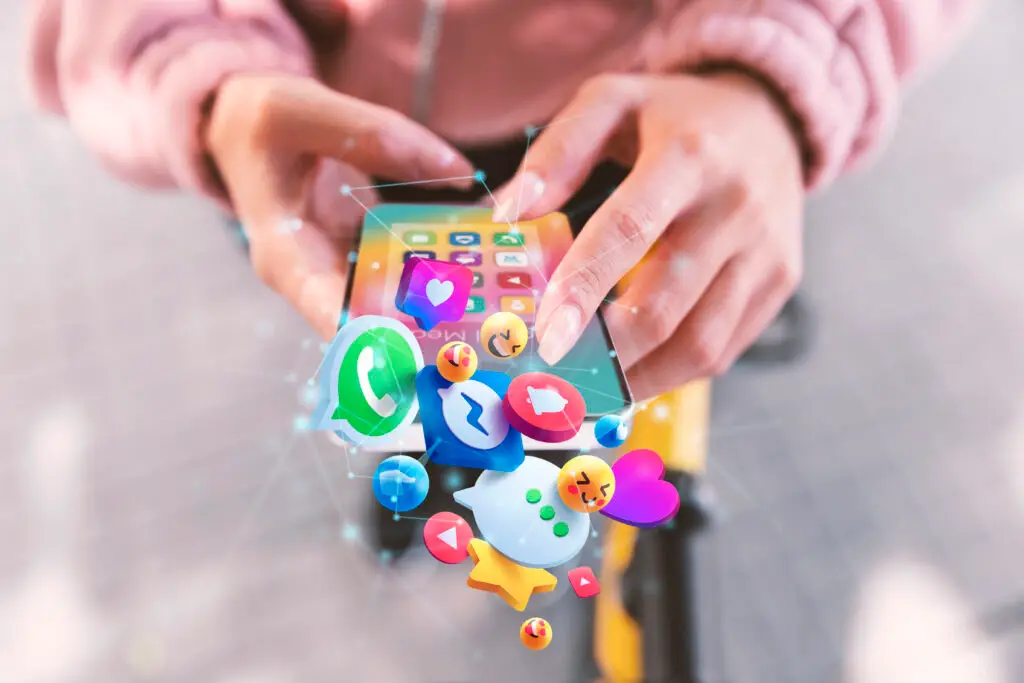The Essential Role of School Librarians

The Essential Role of School Librarians in 21st Century Education
In the busy environment of a school, the crucial roles within the educational landscape can be easily overlooked. Among these, school librarians are often misunderstood as mere custodians of books and technology. However, the reality is much more impactful. School librarians are vital educators, uniquely equipped to prepare students for the future with essential 21st-century literacies and skills. It’s critical that school administrators recognize librarians as indispensable to the instructional fabric of a school.
School Librarians: Educators in Digital and Media Literacy
In today’s digital age, literacy goes beyond reading and writing. Digital and media literacy are fundamental skills, and school librarians are at the forefront of teaching them. They guide students through the overwhelming world of digital data, helping them discern credible sources, understand media biases, and navigate the online world safely. These are not just additional skills but essential competencies for academic success and responsible citizenship.
Building Identity and Discovering Passions Through Curated Collections
A school library is more than just a collection of books; it’s a gateway to diverse ideas, cultures, and identities. School librarians curate collections that reflect a wide range of experiences and narratives, allowing students to see themselves and others in the stories they read. This exposure is crucial for developing empathy and a nuanced understanding of the world. Librarians also help students explore various fields, potentially uncovering passions that can lead to academic and career pursuits.
Interactive Read-Alouds: Engaging Students with Diverse Ideas
One of the most dynamic roles of school librarians is conducting interactive read-aloud sessions. This practice goes beyond reading to students; it’s an engaging activity where librarians discuss themes, ask thought-provoking questions, and connect stories to broader real-world issues. These sessions introduce students to ideas and ethical questions that enrich their educational experience and enhance critical thinking skills.
The School Library as a Safe Haven for Students
For many students, the school library is a sanctuary. It offers a quiet, safe space for studying, reflection, or simply taking a mental break. This aspect of the library is crucial for student mental health, especially for those who feel overwhelmed by the school day. School librarians, with their approachable and supportive demeanor, often serve as confidants and mentors to students.
A Call to School Administrators: Recognize the Strategic Value of Librarians
To school administrators who may still view librarians as mere book handlers or technology troubleshooters, consider this: School librarians are strategic educators who equip students with critical future-ready skills. They foster curiosity, support emotional and intellectual development, and serve as pivotal resources in cultivating critical thinking and information literacy.
Undermining the role of librarians or reducing their responsibilities to clerical tasks does a disservice to both the librarians and the educational institution. Recognizing and supporting librarians as integral members of the educational team is essential for preparing students to thrive in an information-rich future.
School administrators must see librarians for what they truly are: irreplaceable cornerstones of educational innovation and student development. By investing in our librarians, we invest in the future of our students. Let’s give them the recognition and resources they deserve to continue shaping insightful, informed, and conscientious learners.





